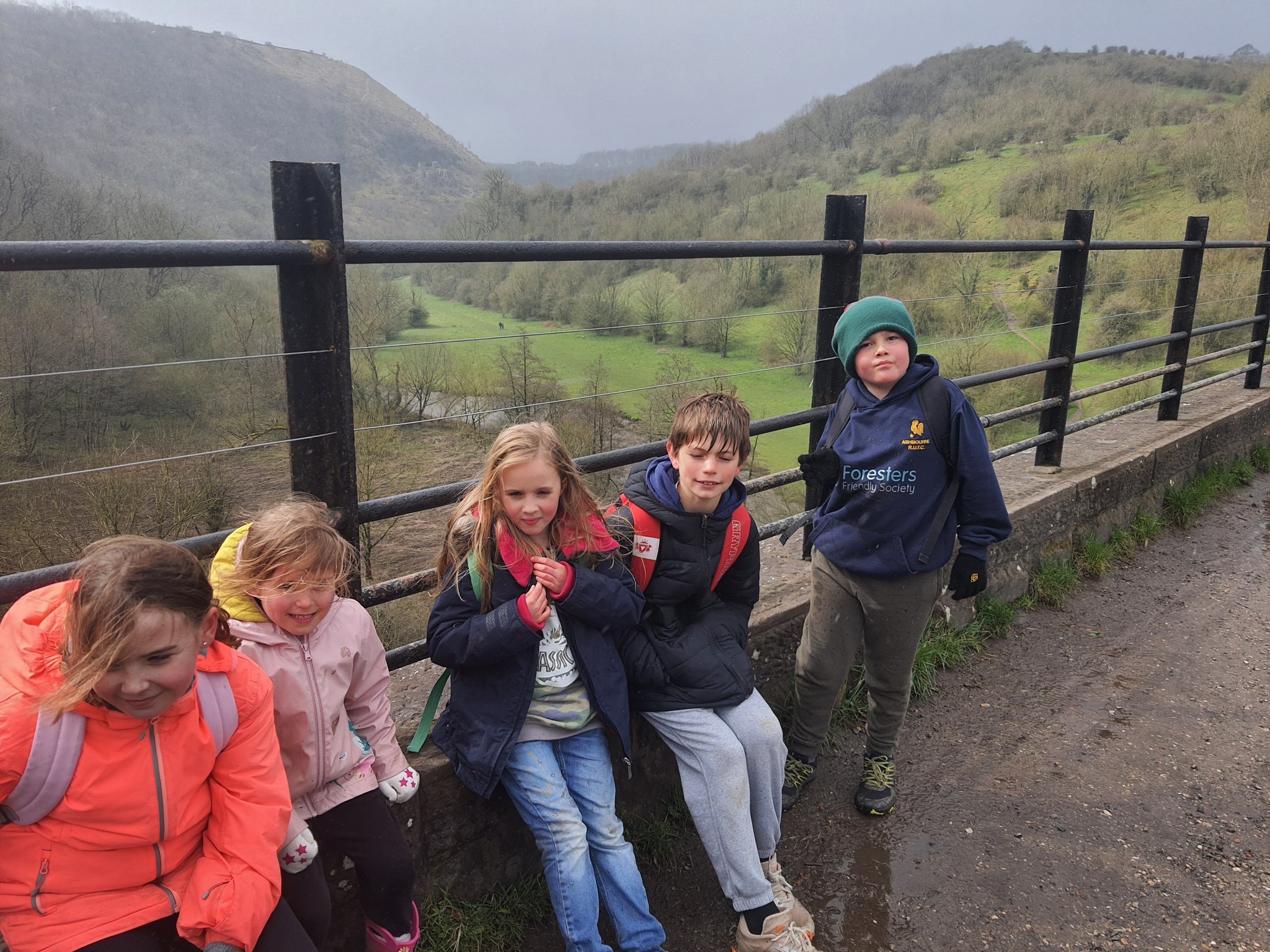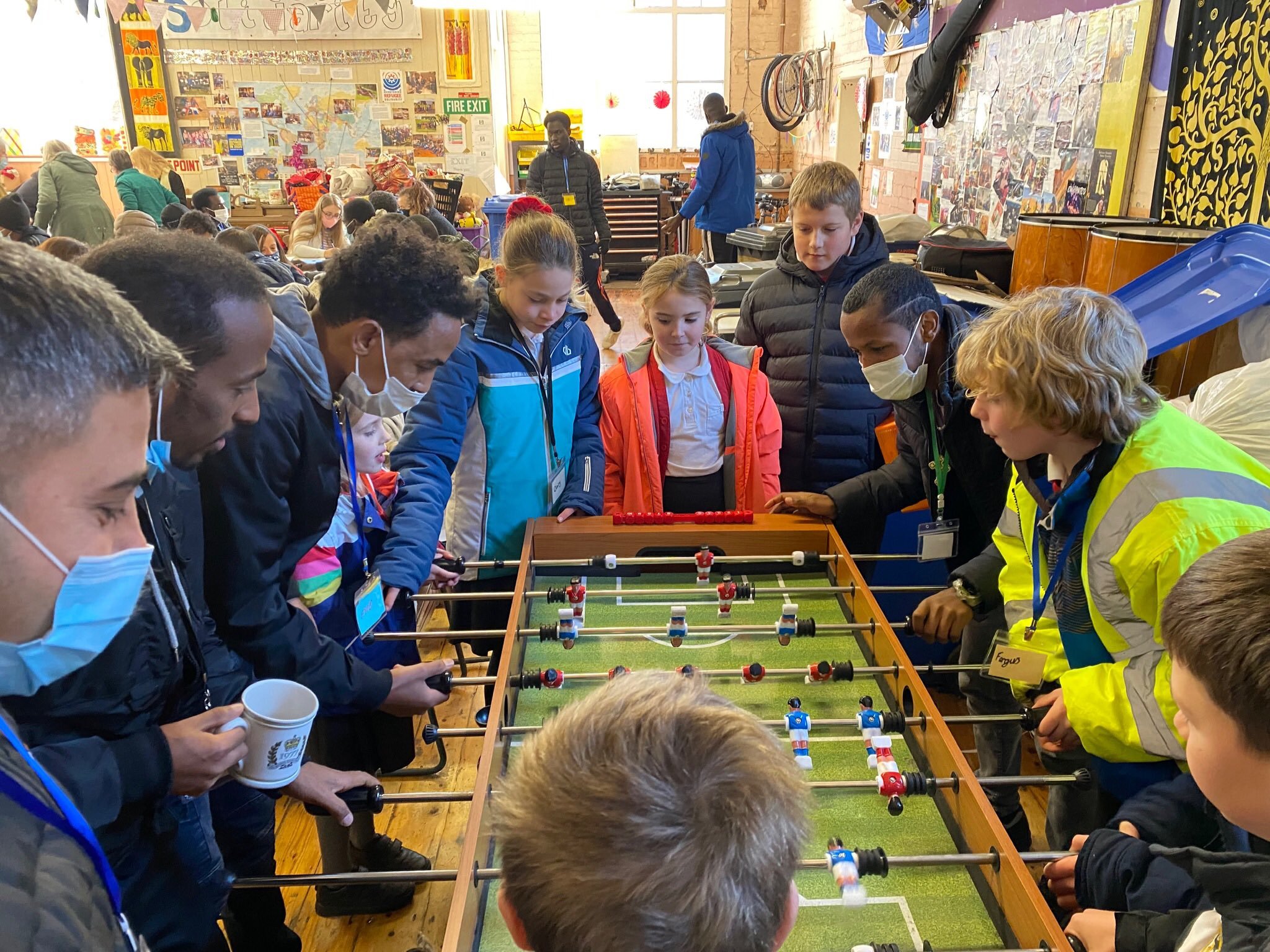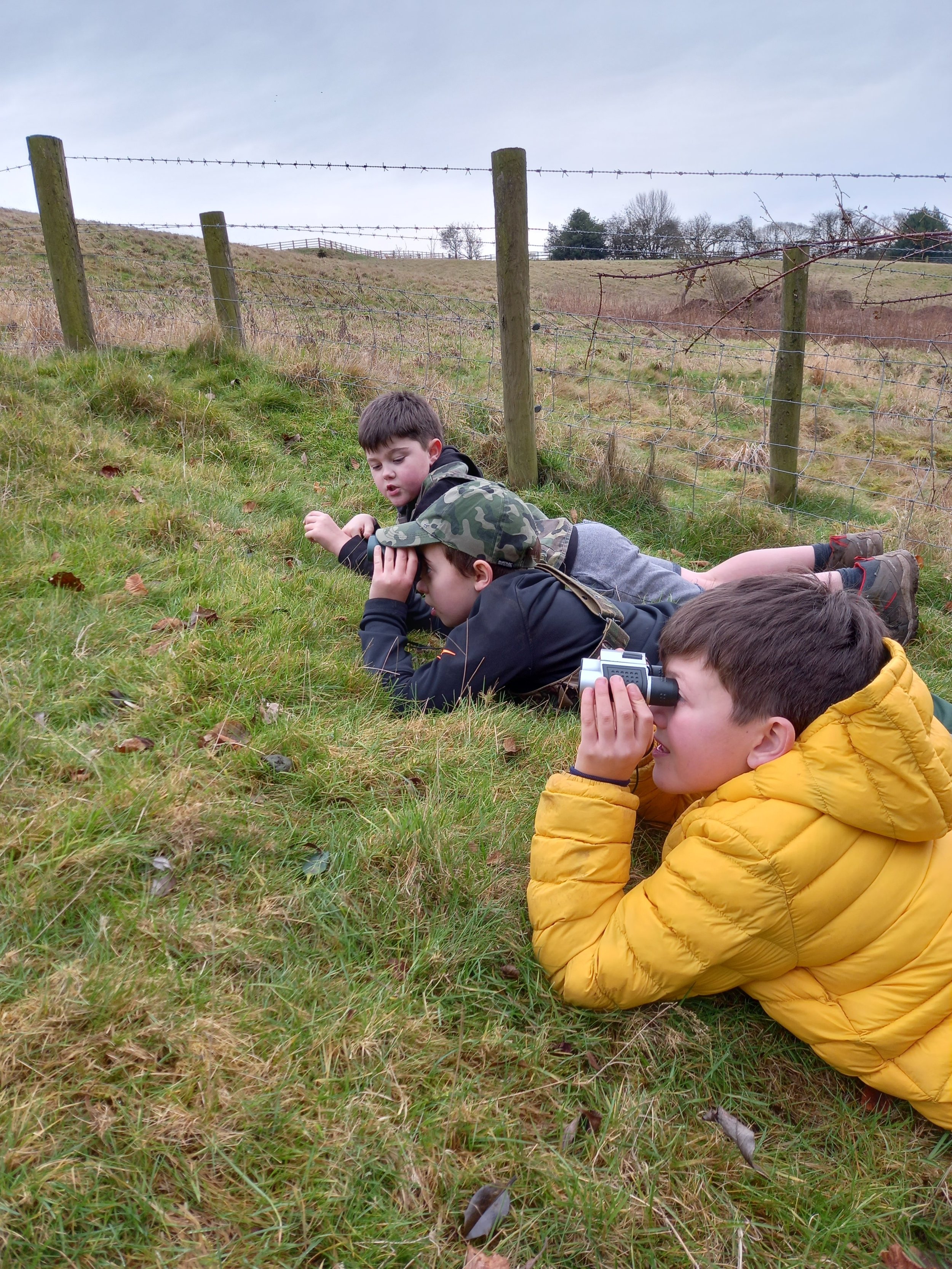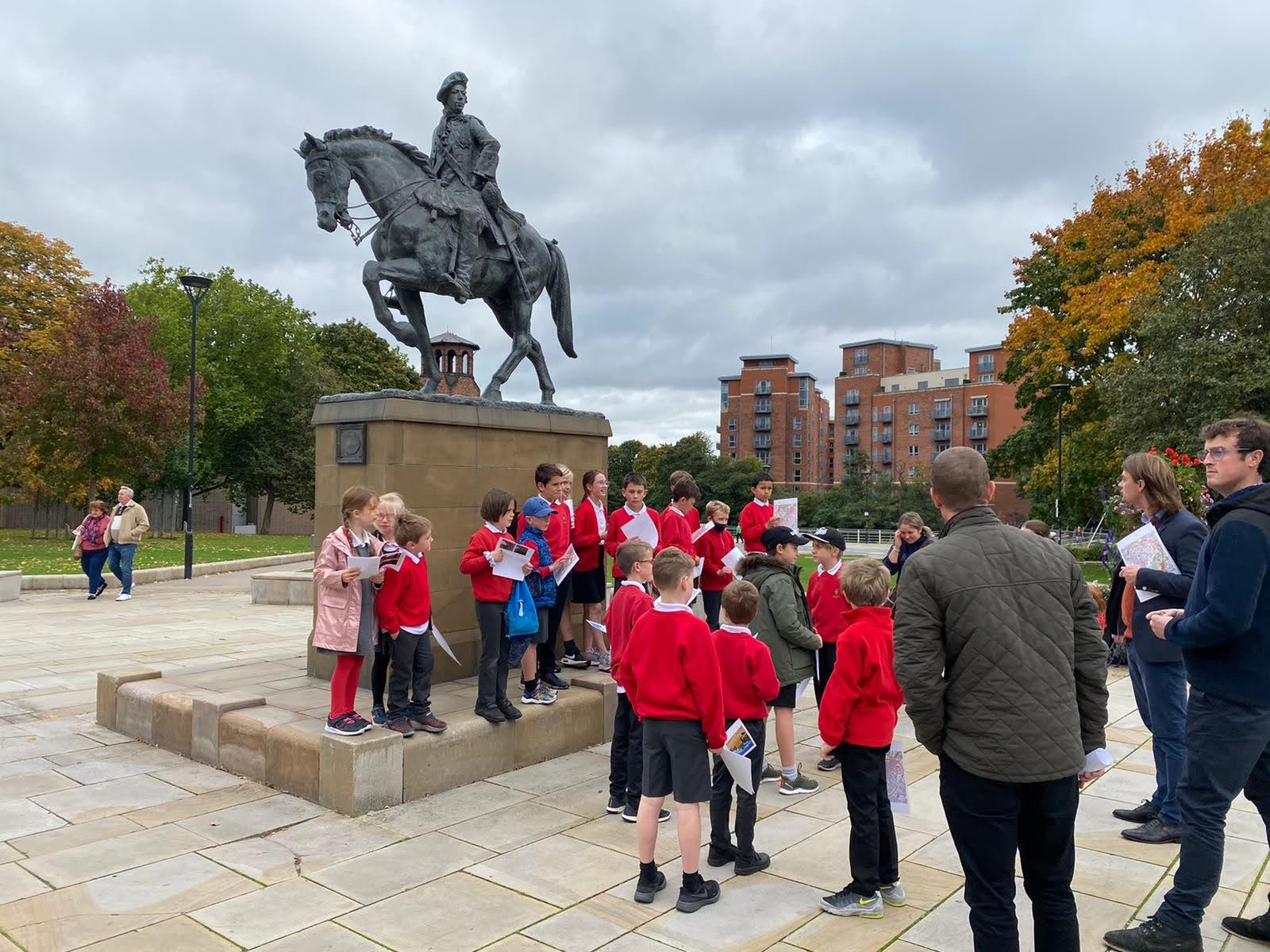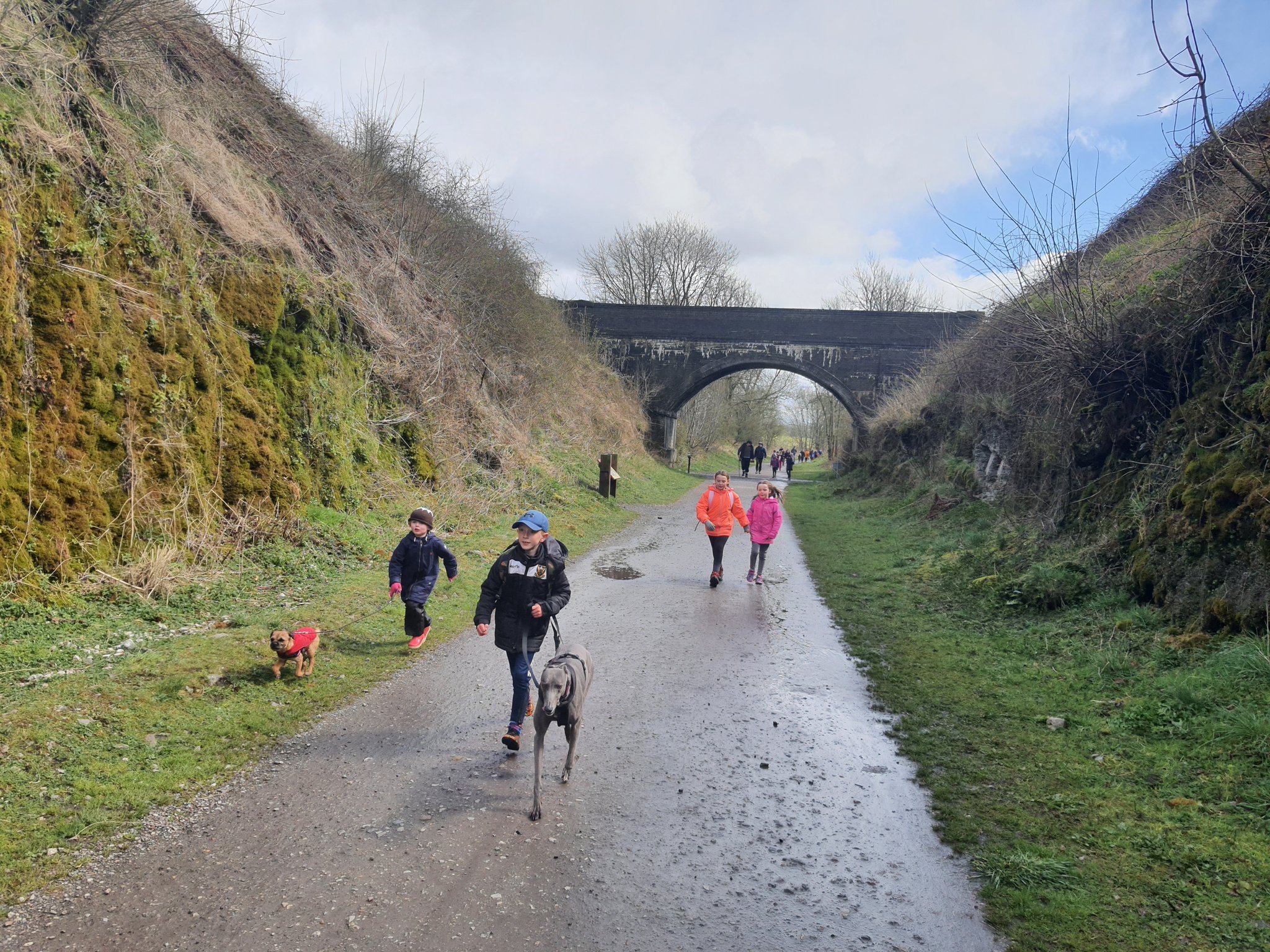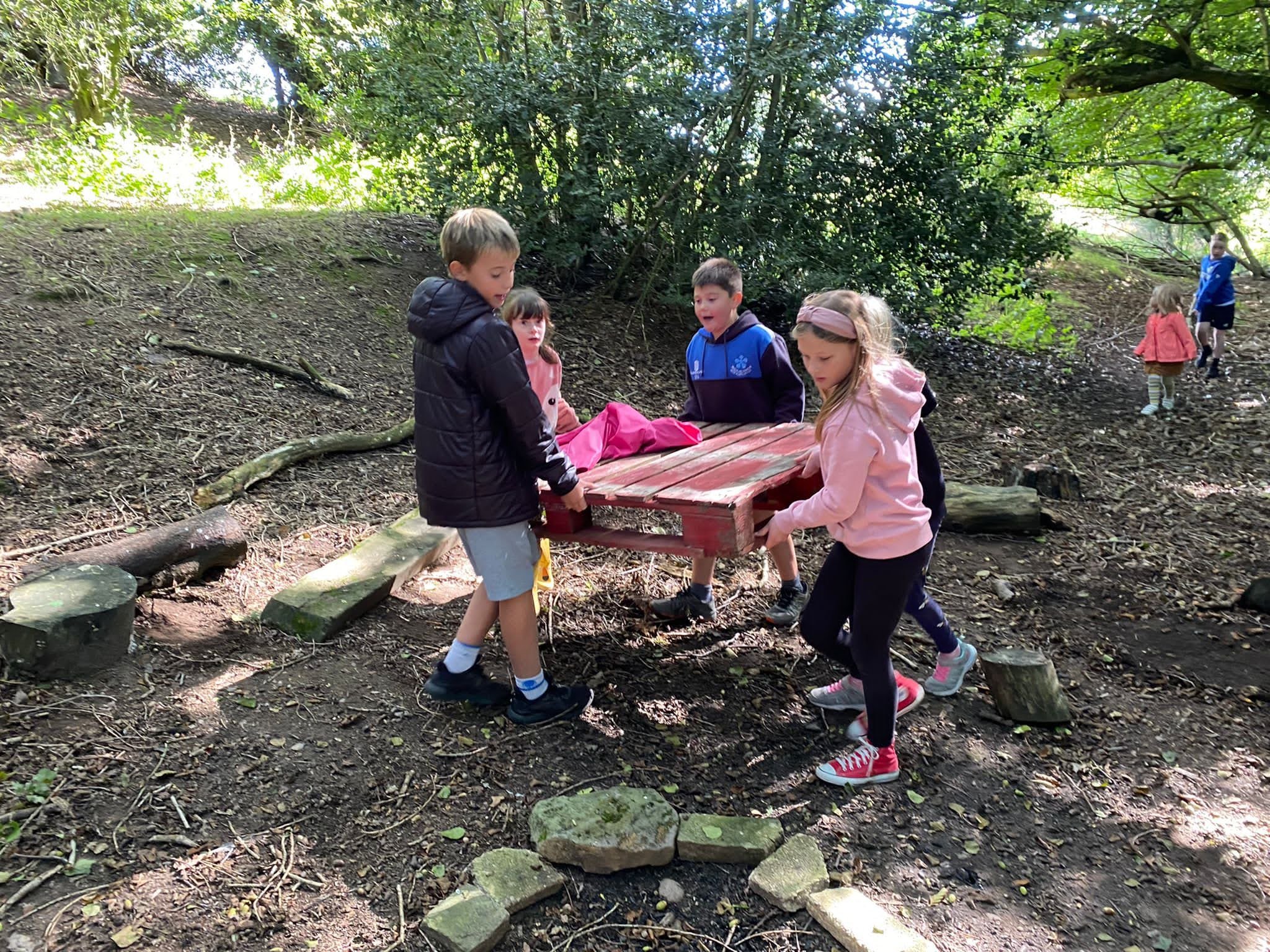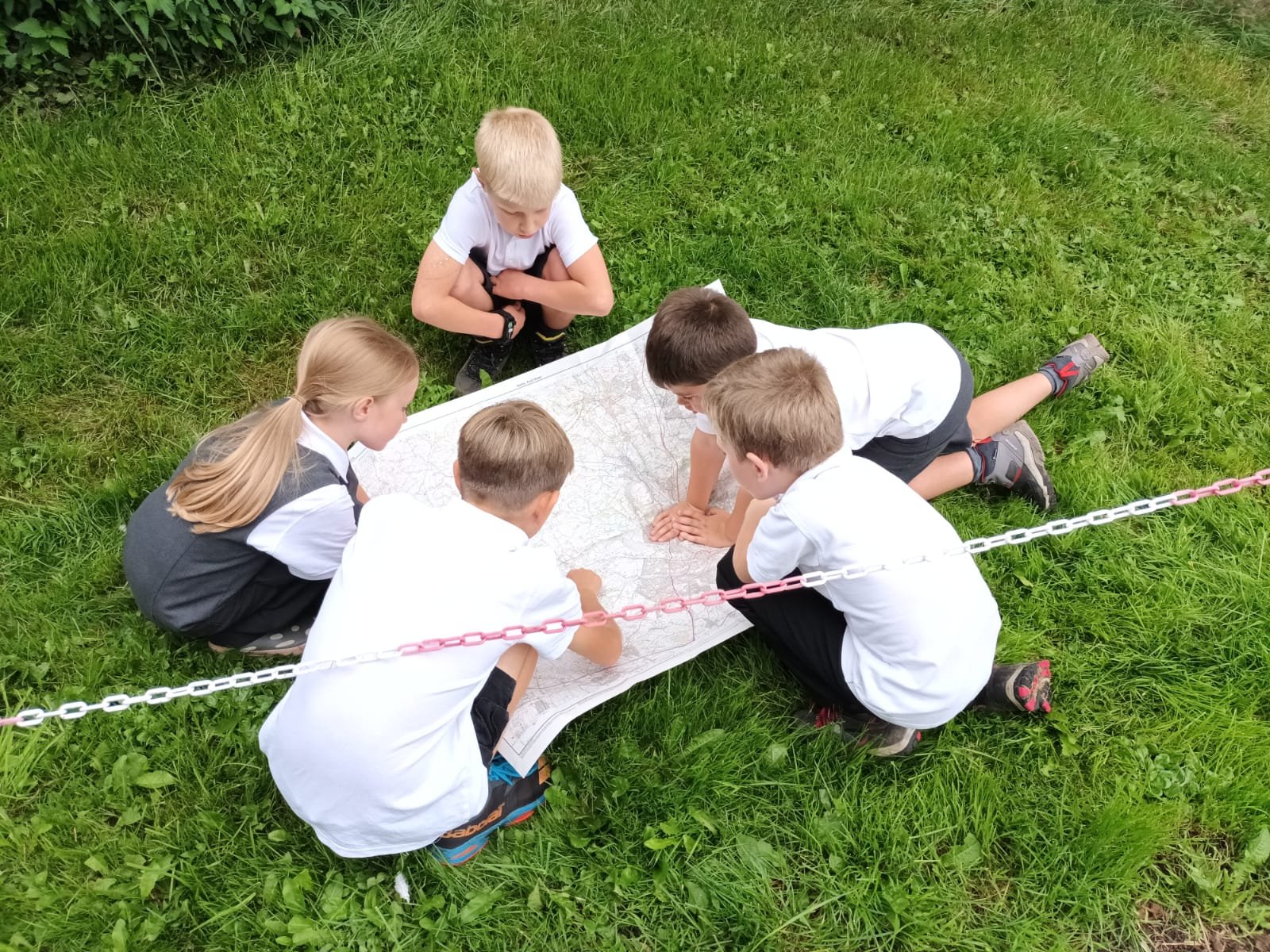
geography
primary school geography is the beginning of an education for life and for living. Learning, whether through formal learning in the classroom or experientially through travel, fieldwork and expeditions, helps children to be more socially and environmentally sensitive, better informed, and more responsible as future citizens and employees.
Geography is the study of places and the relationships between people and their environments. We see Geography as an active, investigative subject.
Human geography concerns the understanding of cultures, societies and economies; physical geography concerns the understanding of landscapes and the environment.
Geography helps children make sense of the world around them and piques curiosity about places and people. It helps children to develop a deeper appreciation of our locality, the beauty of the natural world and engages children in the wider world.
Geography at Mugginton aims to help children to learn about:
The places and communities in which we live and work
Our natural environments and the pressures they face
The interconnectedness of the world and our communities within it
How and why the world is changing, both globally and locally
How our individual and societal actions contribute to those changes
The choices that exist in managing our world for the future
Our Curriculum planning is carefully thought through with the aim of making sure children build on what they had already learned. We aim to make sophisticated links across subjects to make sure there is cohesion across the whole curriculum.
The Geography Curriculum
In the early stages, we aim to help children to understand our rural locality, the wider world and phenomena, such as the weather and seasons. Pupils with special educational needs and/or disabilities are fully included in the provision and we make sure teachers and other adults supported these pupils well so that they could access the same content.
From this secure base of knowledge of our local area, we branch out to explore local cities such as Derby; the principal cities of the United Kingdom; the continents and major world oceans. Through use of field work, maps, atlases and ICT applications we aim to help the children develop a more accurate appreciation of scale.
At Mugginton, we use our beautiful, rural location to support our teaching of important geographical skills: using maps, atlases, globes and digital mapping, using locational and directional language, using aerial photographs, devising maps, using Ordnance Survey maps and fieldwork). We offer children the opportunity to construct their own maps and plans using common conventions followed by Geographers such as the use of keys, scale and OS Grid References.
We understand the vital importance of Fieldwork to geographical practice. Whether it is walks in the local area; visits to our forest Friday site to collect tree-data, visits to Derby to compare the topographical features with our houses or OS Map-reading in the Peak District, we work hard to offer ‘real life’ opportunities to explore Geographical principles, make observations, collect data and analyse and present their findings.
A Mugginton Geographer
We want our children to love geography, show increasing curiosity about the world around them and the people in it. We want to nurture active, global citizens equipped with the tools to engage with major issues such as man made climate change and about our planet and environment.
Geography is a vital part of our balanced and broad curriculum which enables children to develop a thirst for knowledge about the world around them. Our Geography teaching aims to trigger creativity, investigative thinking and allow children’s minds to reach beyond their classroom. We intend to impart pupils with the knowledge, understanding, confidence, attitudes, values and skills they need in order to reach their potential as individuals in Geography, their local community and the wider world.
At Mugginton Church of England Primary School, the Geography curriculum has been carefully considered to enable our pupils to become inquisitive geographers. Using the national curriculum, our highly skilled staff have worked hard to create a Progressive Skills and knowledge plan where objectives are progressively mapped out to ensure our pupils are given the acquired skills and knowledge to further their education journey into KS3 and beyond.
The National Curriculum breaks Geography down into 4 main strands: Locational knowledge, place knowledge, human and physical geography, geographical skills and field work. We have included an additional focus on human’s responsibility in caring for and developing a sustainable world. This is taught and reinforced through the 12 Big Ideas which underpin our curriculum.
Key Concepts in our Geography Curriculum
Within geography, pupils will develop a deep understanding of key concepts and second order concepts. These key concepts have been carefully considered and identified as the core knowledge and skills required to successfully achieve in geography. The Key concepts are revisited and developed as the pupils move through the school to ensure the knowledge and skills are firmly embedded within the long-term memory. These key concepts compliment work carried out across the school in line with our broader curriculum. The expectation is that, by the end of Primary School, children will know and understand these key concepts to continue to build on their geographical knowledge as they enter KS3.
In addition to first order concepts, we have identified subject specific second order concepts. These can be used across all aspects of a subject to organise the substantive knowledge and skills taught.
Key concepts: A range of these ideas are explored through each Geography unit and provide lenses through which to consider different aspects of this area of the pupils’ geographical development.
Navigation: (interpreting a key, conventions of maps, map symbols, atlases, GIS, google maps, scale factor, reading and calculating from a scale, using compass points, the equator, the tropic lines, the poles, borders, countries and continents)
Fieldwork: (Working collaboratively, planning investigations, collecting data, using instruments/specialist equipment, taking precise measurements, making observations, drawing conclusions)
Economic activity: (Trade, land use, farming, wealth, poverty, imports and exports)
Tectonic activity: (Volcanoes, earthquakes, tectonic plates, structure of the earth)
Human features: (Transports, harbour, shops, towns, villages, community, places of worship)
Physical features: (Water cycle, rainfall, mountains, hills, rivers, seas, oceans, tides, islands, tsunami)
Natural resources: (Energy, minerals, food and water distribution)
Sustainability: (Deforestation, climate change, renewable and non-renewable resources, sea level, food miles, industry, materials, globalisation)
Climate and landscape: (Weather, rainfall, seasons, temperature, desert, polar, temperate, Mediterranean, arid, tropical, biomes, vegetation zones, tundra)
Second order concepts: These can be used across all aspects of geography to organise the substantive knowledge taught.
Responsibility: (how humans affect the earth positively and negatively, the use of finite resources, climate change and sustainability)
Similarity and difference: (making comparisons between places, localities, regions etc…)
Cause and consequence: (understanding the effect of humans and nature on landscapes and settlement)
Continuity and change: (how have physical and human features changed over time and why)
Significance: (significant geographical features, places, events)
Enquiry: (observing, collecting and interpreting data, drawing conclusions, explaining and presenting findings)
Written and oral expression: (Using geographical terminology, evaluation, description, recall, objectivity, explaining processes, describing and explaining trends, presenting and interpreting data
geography policy

Designated Safeguarding Lead
Mr J Green
Designated Safeguarding Lead: 1st cover
Monday, Tuesday: Mrs D Wallen; Wednesday - Friday: Mrs E Dennis
Designated Link Governor for Safeguarding
Mrs C Stroud
SENCO
Mrs E Dennis

